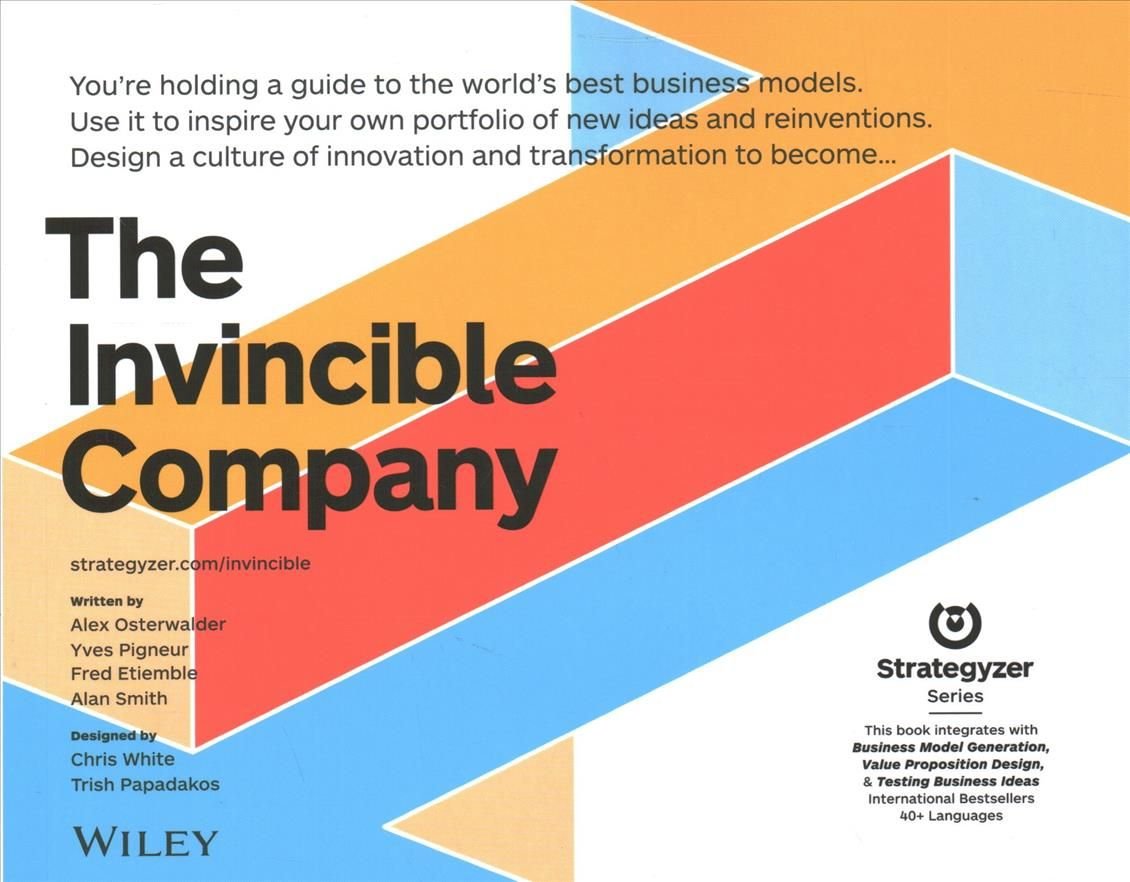Monoclonal antibodies (MAbs) are currently the major class of protein bio therapeutic being developed by biotechnology and pharmaceutical companies. Monoclonal Antibodies discusses the challenges and issues revolving around development of a monoclonal antibody produced by recombinant DNA technology into a therapeutic agent.This book covers downstream processing which includes design of processes to manufacture the formulation, formulation design, fill and finish into closure systems and routes of administration. The characterization of the final drug product is covered where the use of biophysical methods combined with genetic engineering is used to understand the solution properties of the formulation. The latter has become very important since many indications such as arthritis and asthma require the development of formulations for subcutaneous delivery (SC). The development of formulations for IV delivery is also important and comes with a different set of challenges. The challenges and strategies that can overcome these limitations are discussed in this book, starting with an introduction to these issues, followed by chapters detailing strategies to deal with them. Subsequent chapters explore the processing and storage of mAbs, development of delivery device technologies and conclude with a chapter on the future of mAbs in therapeutic remedies. Discusses the challenges to develop MAbs for intravenous (IV) and subcutaneous delivery (SC)Presents strategies to meet the challenges in development of MAbs for SC and IV administrationDiscusses the use of biophysical analytical tools coupled with MAb engineering to understand what governs MAb properties at high concentration












